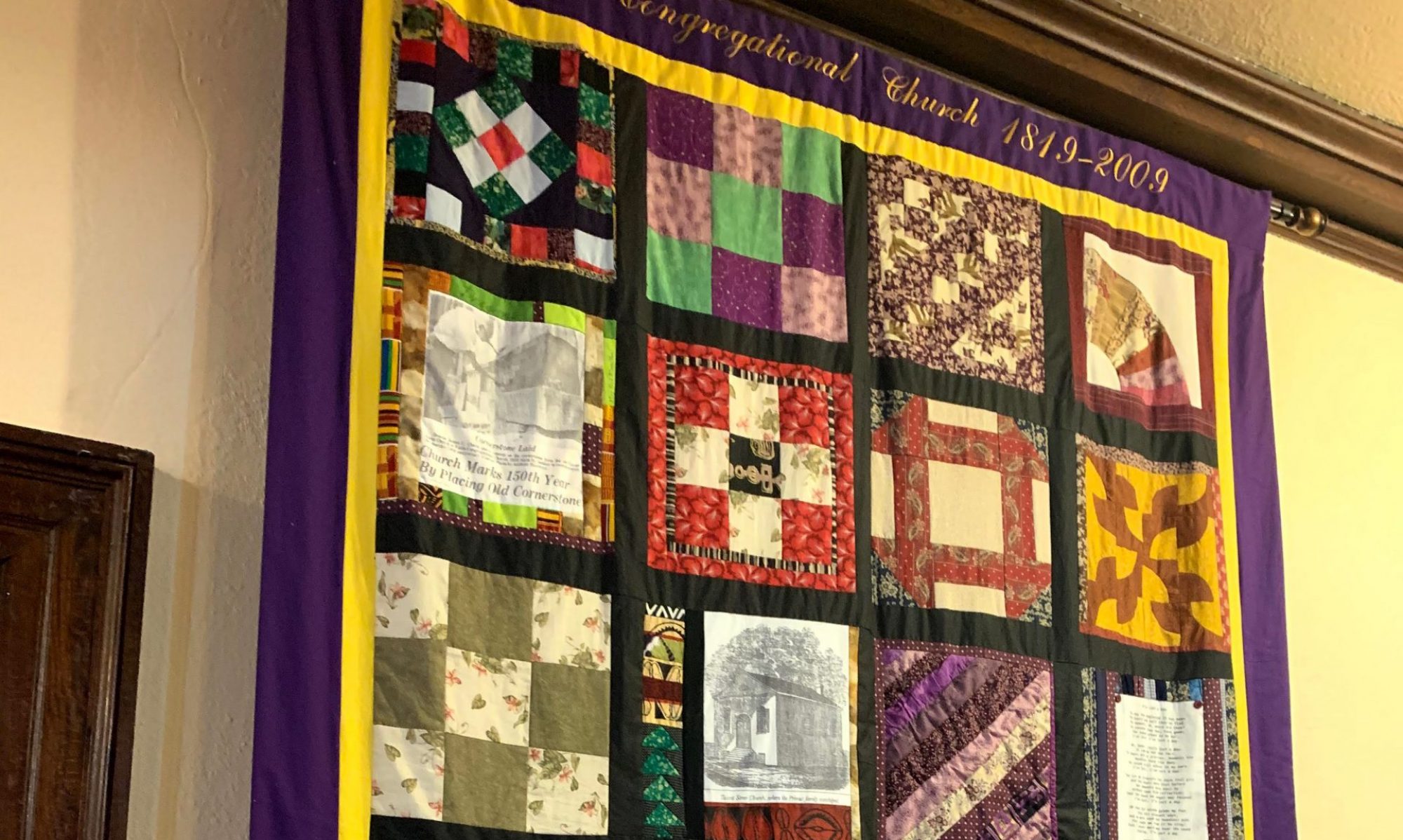Reverend Hosea Easton
Activist, Author, and Influential Abolitionist, Pastor of Talcott Church 1832-1835
Reverend Hosea Easton was born in 1798 in Middleborough, Massachusetts. He descended from a long line of activists. During the 1820s he moved to Boston, Massachusetts, and pursued a career in ministry while building his abolition profile. He grew his reputation as an abolitionist leader and an effective abolitionist lecturer. In 1828, he delivered a speech “To the Colored People of Providence, Rhode Island,” attacking racism and slavery. Five years after this speech, he took over the pastorate of the Talcott Street Congregationalist Church in Hartford, Connecticut. High racial tensions and violence occurred during the 1830s, and a racially charged incident took place outside of Easton’s church in 1835. Easton founded another church that was tragically burned down, causing Easton to be extremely disheartened. Months before his death, Easton published Treatise on the Intellectual Character, and the Civil and Political Condition of the Colored People of the United States, where he continued to dicuss themes of racial uplift, abolition of slavery, and politicized discrimination.
Hosea Easton
Musical Virtuoso, Stage Actor, Banjoist
Hosea Easton was the son of activist Reverend Hosea Easton. He was an African American minstrel performer who was also an extremely talented banjo player. Aside from being a banjoist, he was also a comedian, singer, and actor. During the height of his career, he toured different regions as a musician and actor for dramatic companies and minstrel shows. Easton was the first black man to play the lead role in Uncle Tom’s Cabin in the southern hemisphere. Easton was highly praised for this role and his various talents. In 1899, Easton unfortunately died from cancer in Sydney, Australia.
